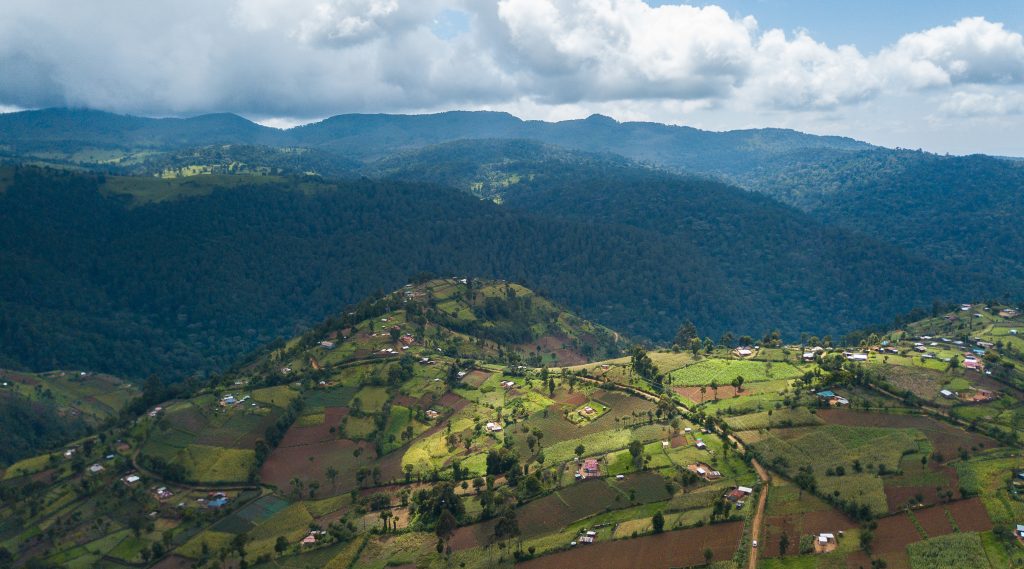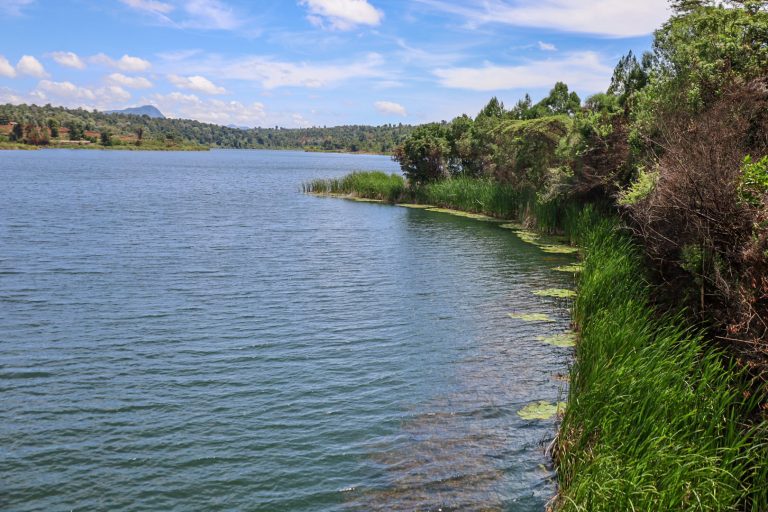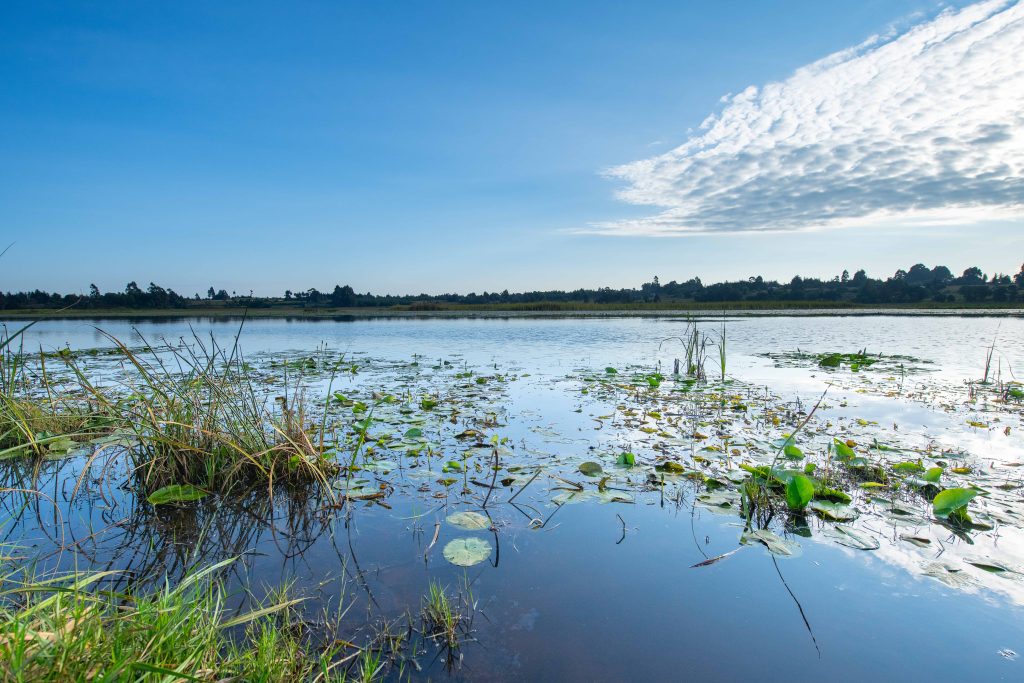Eldoret, a crucial agricultural hub in Kenya, stands as the country’s fastest-growing city. Across generations, local communities have safeguarded three vital water towers—the Cherangany and Elgeyo Hills forests and the Northern Mau in Kenya’s North Rift region. These forests serve as primary water sources for small-scale farming and downstream urban centers like Eldoret and Iten. Renowned for their rich biodiversity, these water towers host indigenous trees and endangered bird and mammal species. However, the burgeoning population’s demand for more land is threatening the supply of clean water to rapidly expanding urban areas. The degradation of water catchment areas jeopardizes the future availability of sufficient clean water.
The Eldoret-Iten Water Fund (EIWF) addresses the looming threat of forest degradation and collaborates with local farmers to implement sustainable soil and water conservation measures. As a GEF Phase 7 project with a three-year timeline (2023-2025), the primary objective is Biodiversity Conservation and Land Degradation Prevention. The project aims to execute conservation efforts across critical water towers, namely Elgeyo Hills, Cherangany Hills, and North Mau in the North Rift region. Through collaboration with public and private sector partners, the project seeks to promote sustainable land and forest management, ecosystem restoration, and Integrated Natural Resource Management (INRM) approaches in Uasin Gishu and Elgeyo-Marakwet Counties. The establishment of The Eldoret Iten Water Fund as a sustainable financing mechanism is crucial, contributing to a transformative shift in Kenya’s smallholder production sector.
Targeting the conservation of essential yet threatened water towers vital for Eldoret and Iten towns, the project’s benefits will extend to millions of community members engaged in conservation interventions. The implementation is carried out under The Nature Conservancy (TNC) convention in collaboration with key government agencies, including the Kenya Water Towers Agency, Water Resources Authority, National Environment Management Authority, Kenya Wildlife Service, Eldoret Water and Sanitation Company, Kenya Forest Service, and County Governments of Uasin Gishu and Elgeyo Marakwet, among others.
The Water Fund concept revolves around the principle that safeguarding water resources at the source is more cost-effective than addressing downstream challenges of reduced flow and degraded water quality. Investments in green infrastructure utilizing natural systems to regulate water flow and trap sediment often prove more economical than relying solely on grey infrastructure. Such investments contribute to biodiversity conservation, ecosystem health, and resilience, as well as farmer livelihoods and food security. By introducing sustainable, climate-smart agricultural techniques, the project aims to increase yields and reduce soil erosion, benefiting crop production and downstream water quality and supply. Integrated catchment management focuses on enhancing ground cover, preserving and restoring forest ecosystems, and promoting the sustainable use of biodiversity in smallholder soil and plant management approaches. This holistic approach aligns with international reporting standards, emphasizing the interconnectedness of environmental preservation, economic sustainability, and community well-being.


- Establishment of a public-private partnership platform and enabling policies for sustainable management of the targeted water tower (catchments).
- Restoration of degraded catchment and wetland ecosystems and improved production practices and food value chains within the WF areas.
- Capacity development and knowledge management support a paradigm shift toward INRM in important water towers.
